City of Melbourne average wage now more than $140,000 as salaries outpace capital works program
The wages bill at the City of Melbourne has ballooned by 20 per cent in the past five years, with eight council executives now earning more than $350,000.
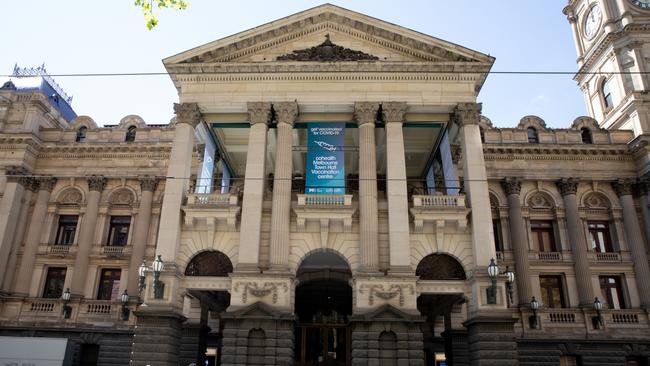
News
Don't miss out on the headlines from News. Followed categories will be added to My News.
The wages bill at the City of Melbourne has ballooned by 20 per cent in the past five years, with the average salary of a Town Hall employee now more than $140,000 a year.
Eight council executives earn more than $350,000 while CEO Alison Leighton pockets $534,000, almost as much as the Prime Minister.
The council employs more than 1500 people, and the forecast $212m wages bill for next year comprises 37 per cent of all council spending – even more than the city’s entire capital works program.
The wages extravagance has also spread to council-owned entities.
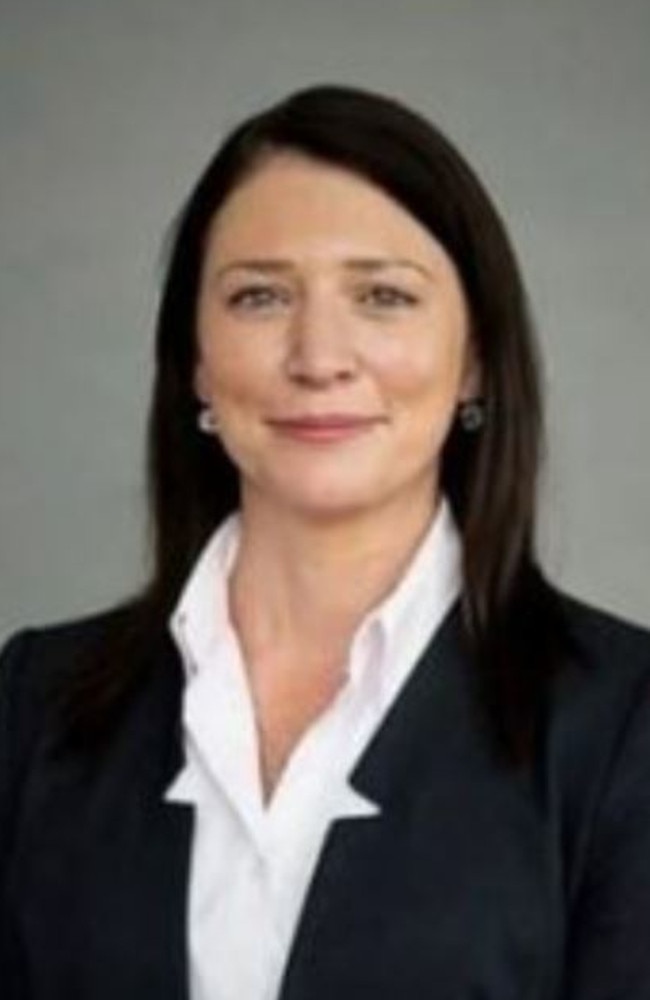
The head of Citywide, Chris Campbell, is on pay deal of more than $800,000. Two other executives at the waste and maintenance company chaired by ex-Premier John Brumby also take home in excess of $420,000 each.
But the salaries of the Queen Victoria Market bosses remain a secret. The five executives and six board members are paid a total of $1.87m a year but the council-owned market refused to say how much CEO Matt Elliott received.
Instead, a statement from the market said: “Queen Victoria Market Pty Ltd financial reports are prepared in accordance with Australian Accounting Standards Boards requirements and conform to all Victorian Auditor-General’s Office and City of Melbourne requirements.”
The market has been heavily subsidised by public money in recent years, including $10m from council ratepayers for the past two financial years.
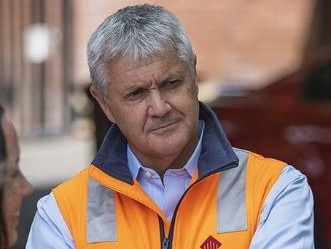
And Procurement Australia, 63 per cent-owned by the council, pays its interim CEO Brendan Hoare more than $520,000.
In its 2024-25 draft budget, the City of Melbourne said most council services would be delivered by staff and that savings would be made elsewhere.
Consultancy costs for the next financial year are forecast to drop by a quarter, from $13.4m to $10.1m, by “bringing more work in-house’’.
About 200 more people are working at Town Hall and CH2 than there were in 2014-15.
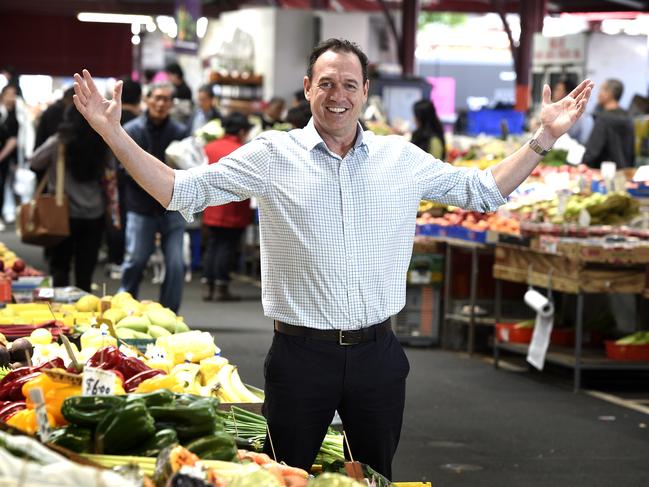
A City of Melbourne spokesman said the council was in the “business of attracting the best people and talent”.
“It’s why we have the right team and resources in place to deliver vital services for our growing community – and do so in a financially responsible way.”
The council also said it was dealing with a growing metropolis – the city’s population has increased by more than 17,000 residents in the last year.
Council Watch president Dean Hurlston said wages had exploded because councils were top heavy with staff on big salaries.
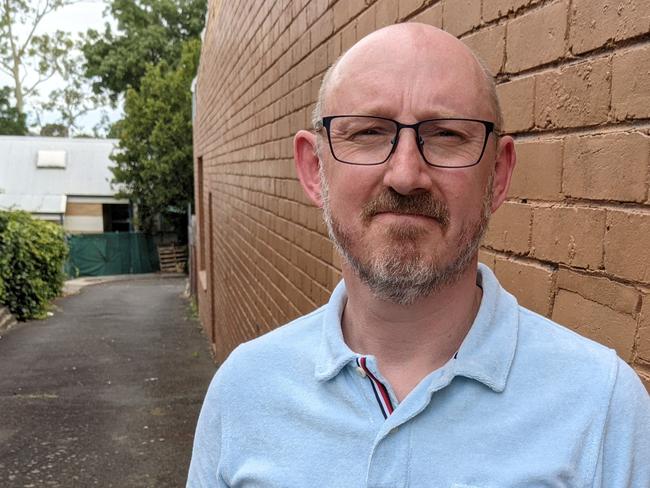
“Also staff working from home have been jumping ship to other councils for any role with a higher pay.
“Council wages bills are now unsustainable, and like the state government, councils need to use technology, find more efficiency, and cut staff numbers now.’’’
Mr Hurlston also said “the outrageous executive salaries’’ at council-owned subsidiaries such as Citywide and Queen Victoria Market needed a reset.
“This is public money,’’ he said.
Citywide’s six-person management team enjoyed a share of the $3.3m executive wages total, while the company made a $1.9m loss for the last financial year.
The latest council quarterly report showed that the wages bill was down 2.6 per cent, or $3.9m, which linked to job vacancies and that the deficit had been offset by agency costs.



